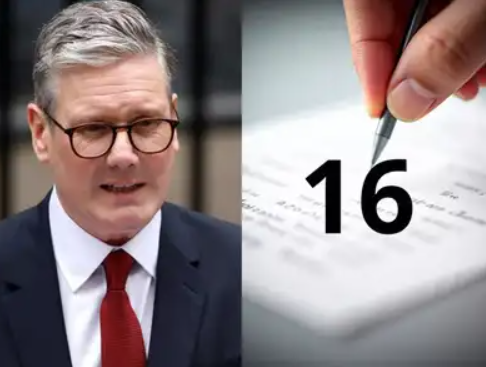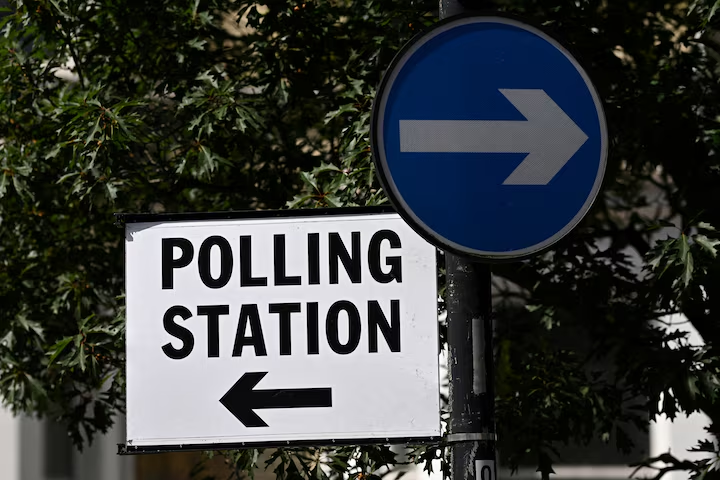
- Britain to cut voting age to 16 from 18
- Signs that young Britons more left-leaning on the wane
- European elections have shown youth support for far-right
- Campaign groups urge parties to appeal to young people
LONDON, July 21 (Reuters) – Britain’s move to lower the voting age to 16 launches the political battle for teenagers’ votes, with campaign groups warning no one should make assumptions about their allegiances and parties must address the issues that affect them.
For decades, election trends and polls suggested younger voters tended to lean more to the left in Britain, but recent evidence from Europe shows young voters, particularly men, backing right-wing parties, including the far-right.
The Reuters Daily Briefing newsletter provides all the news you need to start your day. Sign up here.
“Don’t take them for granted. Don’t assume that their vote has already been cast before an election,” Dan Lawes, co-CEO of youth-led charity My Life, My Say, said of young voters.
“Young people want to be sold policies. But politicians have to reach them.”
A diverse new generation also wants their specific concerns to be heard and addressed.
According to a tracker by pollsters YouGov, the economy is the most important issue concerning the 18-24 age group, followed by housing and immigration. Data for 16- 18-year-olds was not available.

A poll of 500 16-and 17-year-olds last week found that 33% said they would vote for the centre-left Labour Party, led by Prime Minister Keir Starmer, while 20% would support the right-wing Reform UK Party led by Nigel Farage, which leads polls of the wider population.
“We are going to give this Labour government the shock of their lives. We’re going to get 16- and 17-year-olds to vote for us,” Farage said following the move.
The new cohort would add around 1.6 million potential voters to the roughly 48 million eligible to vote at the 2024 election.
In last year’s European Parliament elections, many young voters shifted toward far-right populist parties that used social media highly effectively to address their concerns.
In Germany, where 16- to 18 year-olds voted for the first time in European elections in 2024, their support helped boost the far-right Alternative for Germany (AfD) party.
“It’s quite scary how many… people (my age) are following him (Farage). He’s not my favourite person,” said 17-year-old student Matilda Grace.
However, Anki Deo, from campaign group Hope Not Hate, said follows on social media did not directly lead to votes.
“Many young people are mistrustful of the political system and politicians – it’s going to take a lot more than funny TikToks for any political party to win them over,” she said.
“Reform UK can ramp up their social media efforts, but their policy platform is still far out of line with the attitudes of the majority of young people.”
BOOSTING TRUST
Labour pitched the reform as a way to boost participation and trust after the lowest turnout at the 2024 national election since 2001, hoping to encourage a lifelong habit of voting.
Britain’s democratic system has endured a turbulent decade, marked by the divisive Brexit vote and the political upheaval that followed, including an unprecedented turnover of prime ministers and ministers.

